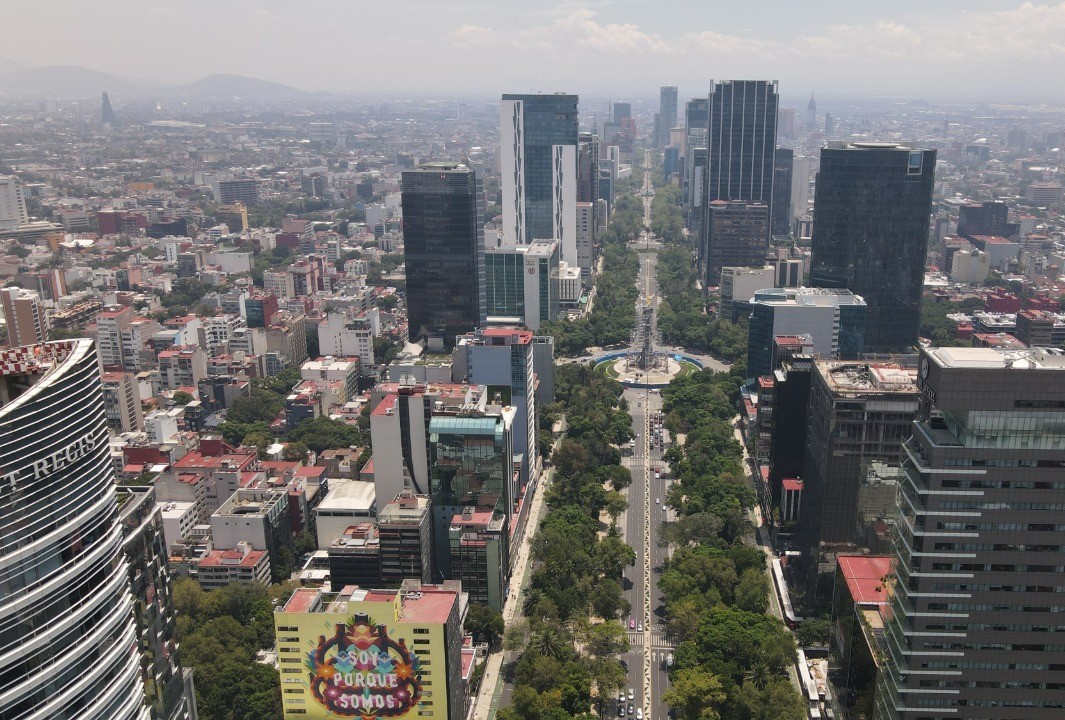
Mexico: Sheinbaum’s Near Term Challenges
Main challenge for President Sheinbaum will be to bolster market sentiment.
BY ALBERTO M. RAMOS
Following the landslide victory in the June 2 general elections, Claudia Sheinbaum was sworn in October 1, 2024 as president of Mexico.
In the very near term, President Sheinbaum will be challenged to: (1) manage the pending package of AMLO’s constitutional bills in a way that does not further disrupt already weak market sentiment; (2) present a tighter and credible budget for 2025 with a fiscal deficit at or below 3.5% of GDP; (3) manage cautiously the relationship with the US ahead of the 2026 USMCA scheduled review, and (4) adopt policies to reduce the inefficiencies and fiscal burden of the state-owned companies.
MARKET SENTIMENT
Overall, we think the main challenge for President Sheinbaum will be to bolster market sentiment and provide a predictable and investment-friendly policy and regulatory framework. Disciplined management of the budget and of SOEs (PEMEX in particular), progress on public security, and safe-guarding the integrity of key institutions will be key to preserving market sentiment and sovereign debt ratings. Also key, in our view, will be not to encroach on private sector activity and free markets, to adopt technocratic and market-based solutions to policy and economic challenges, and to avoid further erosion of institutional quality.
Finally, we highlight that the next administration could play a crucial and catalytic role to maximize the near-shoring opportunity and place Mexico on a constructive path. But that is not a given. In order to maximize the near-shoring opportunity, the policy mix would need to improve, with the policy focus redirected away from the protection of inefficient SOEs and public investment projects with low medium-term multiplier effect, the regulatory environment becoming more open and friendly to private investment, and institutional quality being enhanced rather than eroded.
AMLO LEGACY
AMLO’s legacy: The economy underperformed visibly during AMLO’s 6-year presidency and the fiscal baseline deteriorated. Real GDP growth averaged a disappointing 0.9% during 2019-2024 (roughly 0% per-capita real GDP growth). The fiscal deficit is projected to reach a large 6% of GDP in 2024 and the fiscal situation over the 2025-2030 presidential term is likely to become more challenging given rising costs from pensions and other social programs and the fact existing counter-cyclical funds were depleted and the dependence of PEMEX on budgetary transfers deepened.
Alberto Ramos is chief Latin American economist at Goldman Sachs Group.
This article is based on a client note by Goldman Sachs. Republished with permission.
RELATED ARTICLE
THE AMLO LEGACY
Criminals, Cartels Strengthened Under AMLO












